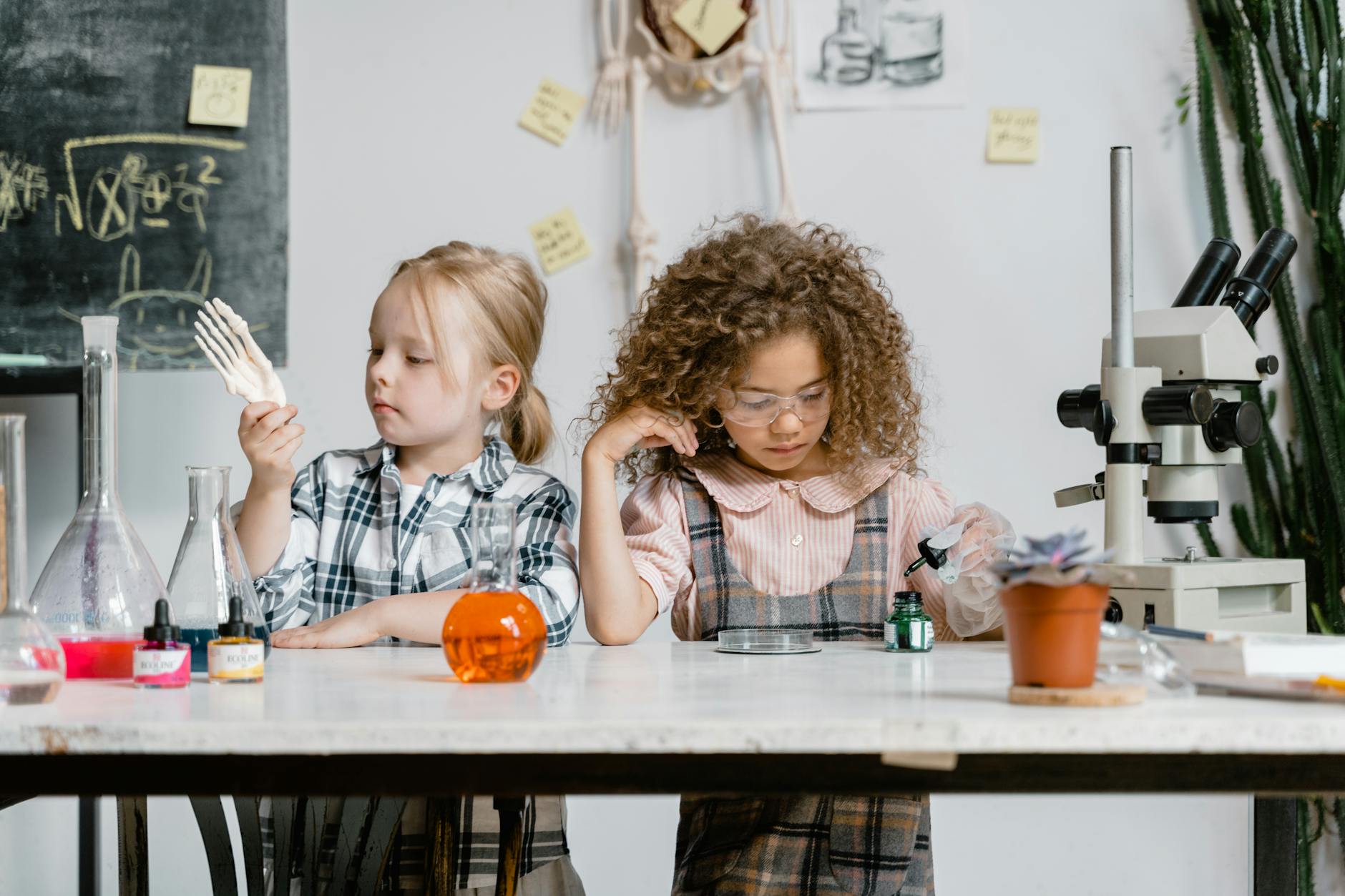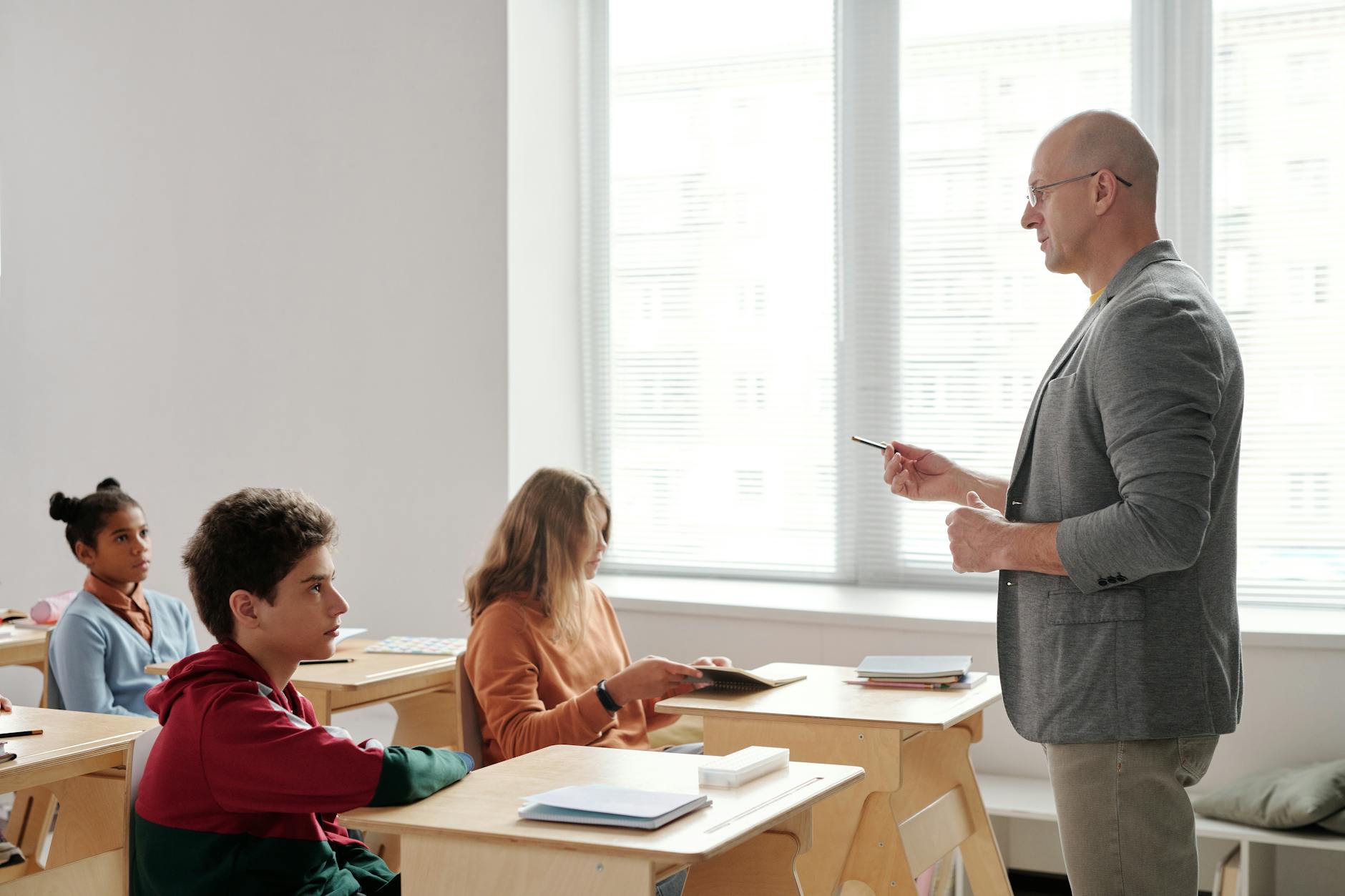How to Transform Education with Interactive Workshops in Australia

Benefits of Interactive Workshops
Enhancing Student Engagement
Creating a classroom where students are eager to participate can transform learning experiences. One method I've found effective is incorporating engaging activities similar to interactive workshops at the Royal Botanic Gardens Victoria. Such experiences can make abstract concepts tangible, offering a hands-on approach that brings classroom content to life. For instance, by using birthday party ideas as a template, educators can craft themed lessons that celebrate historical milestones or cultural events, sparking curiosity and enthusiasm among students.
Fostering Critical Thinking
Interactive workshops provide an excellent platform for fostering critical thinking. By engaging students in problem-solving tasks or role-playing scenarios, they can explore complex subjects from different perspectives. Structuring these activities in a similar manner to the workshops observed at the Botanic Gardens, educators can encourage students to question assumptions, analyze historical events critically, and draw connections to modern-day situations.
Encouraging Collaboration
One of the standout benefits of interactive workshops is the way they promote collaboration. In a group setting, students learn to appreciate diverse viewpoints and develop vital communication skills. The same way the Royal Botanic Gardens engages its visitors through collaborative projects and shared learning experiences, classrooms can use group activities or projects to build a sense of community. This collaborative approach not only enhances learning outcomes but also prepares students for future teamwork in various aspects of life.
Designing Effective Workshops
Setting Clear Objectives
Creating a successful workshop begins with establishing clear objectives. This is crucial for teachers aiming to make history engaging, as these objectives act as a roadmap, guiding both the instructor and the participants toward the desired learning outcomes. Start by identifying specific skills or concepts you want the students to understand, ensuring these goals are measurable and attainable. This approach not only provides clarity but also helps students recognise the purpose of their participation. Consider incorporating elements from experiences such as interactive workshops at the Royal Botanic Gardens Victoria, where well-defined aims enhance learning through hands-on activities.
Integrating Interactive Technologies
Incorporating interactive technologies can transform any traditional classroom into a dynamic learning environment. Tools like digital storytelling platforms, simulation software, and educational apps facilitate experiential learning, which significantly boosts student engagement. For instance, incorporating an augmented reality experience to explore historical events can provide students with a more immersive understanding. It's about leveraging technology to complement your workshop's theme—a strategy perfectly illustrated in the context of exploring historical concepts.
Choosing Appropriate Activities
Selecting the right activities ensures that your workshop aligns with educational goals while keeping the learners engaged. Tailor activities to the students’ interests and the subject matter, balancing between challenge and accessibility. For example, incorporating experience gifts for her, such as project-based group sessions or role-playing historical debates, can provide an engaging twist to learning sessions. Ultimately, the activities should resonate with the objectives set, providing a meaningful experience for learners.
Implementing Workshops in Schools
Aligning with Curriculum Goals
When considering implementing workshops within schools, aligning them with curriculum goals is crucial. This alignment ensures that the activities are not only engaging but also relevant to the educational objectives at hand. Teachers can explore various subject areas, such as history, by integrating practical activities that complement theoretical lessons. For instance, while discussing ancient civilizations, incorporating workshops around subjects like floristry courses Sydney can spark interest by linking botanical practices to historical contexts. This approach makes learning vibrant and memorable for students.
Overcoming Resource Challenges
One of the most pressing challenges teachers face is the lack of resources. By creatively utilising available resources, such as leveraging community partnerships and local experts, educators can deliver impactful workshops without incurring significant costs. Visiting local venues, like interactive workshops at the Royal Botanic Gardens Victoria, provides practical exposure, helping students gain hands-on experience without the financial strain of extensive materials or travel. Engaging local students with these real-world connections can address resource constraints effectively.
Training Teachers for Success
To maximise the impact of workshops, teacher training is paramount. Hands-on sessions train teachers in interactive teaching methods, equipping them with skills to facilitate workshops successfully. Incorporating modules from the latest educational strategies, teachers can enhance their skill sets, gaining confidence in designing and managing workshops. This training can transform workshops into critical components of the learning experience, allowing teachers to confidently deliver interactive and beneficial sessions. This instructional empowerment lays the foundation for ongoing educational success within schools.
Best Practices for Effective Workshops
Inclusive Strategies for Diverse Learners
To truly engage a diverse classroom, we need more than a one-size-fits-all approach. Encouraging participation from every corner of the classroom means leveraging a variety of strategies to meet different needs. Consider incorporating hands-on activities and visual aids in your workshops. These elements can speak volumes to students who thrive on tactile or visual input. Imagine a workshop at the Royal Botanic Gardens Victoria, where students can physically interact with Australian flora, which could help them better understand complex ecosystems. It's also beneficial to use storytelling to connect with students who are auditory learners. By integrating these multi-faceted tools, we can craft workshops that resonate with each student, fostering inclusivity and education and assessment insights.
Harmonizing Structure with Flexibility
While structure is crucial in maintaining focus, flexibility allows for spontaneous bursts of creativity and exploration. Think of a lesson plan as a roadmap that guides, but does not limit the paths you can take. In interactive settings like workshops, it's essential to remain open to unexpected teachable moments that arise naturally. Adaptabilities such as adjusting activities in real-time allows students to delve deeper into subjects they show interest in or need further clarification on. This balance nurtures a learning environment where curiosity can lead to meaningful discoveries.
Cultivating a Nurturing Learning Atmosphere
Creating a supportive atmosphere in workshops is vital for encouraging active participation and collaboration. Establishing an environment that prioritises respect and openness fosters trust and learning. Encourage students to express their ideas and take intellectual risks without fear of judgment. As educators, it's up to us to model constructive feedback, showcasing that it's a tool for growth. Workshops should be safe spaces where mistakes are seen as stepping stones towards mastery, aligning with the dynamic spirit of interactive workshops at the Royal Botanic Gardens Victoria. By cementing a culture of respect and encouragement, students can feel more at ease to venture into the realms of critical thinking and innovation.


